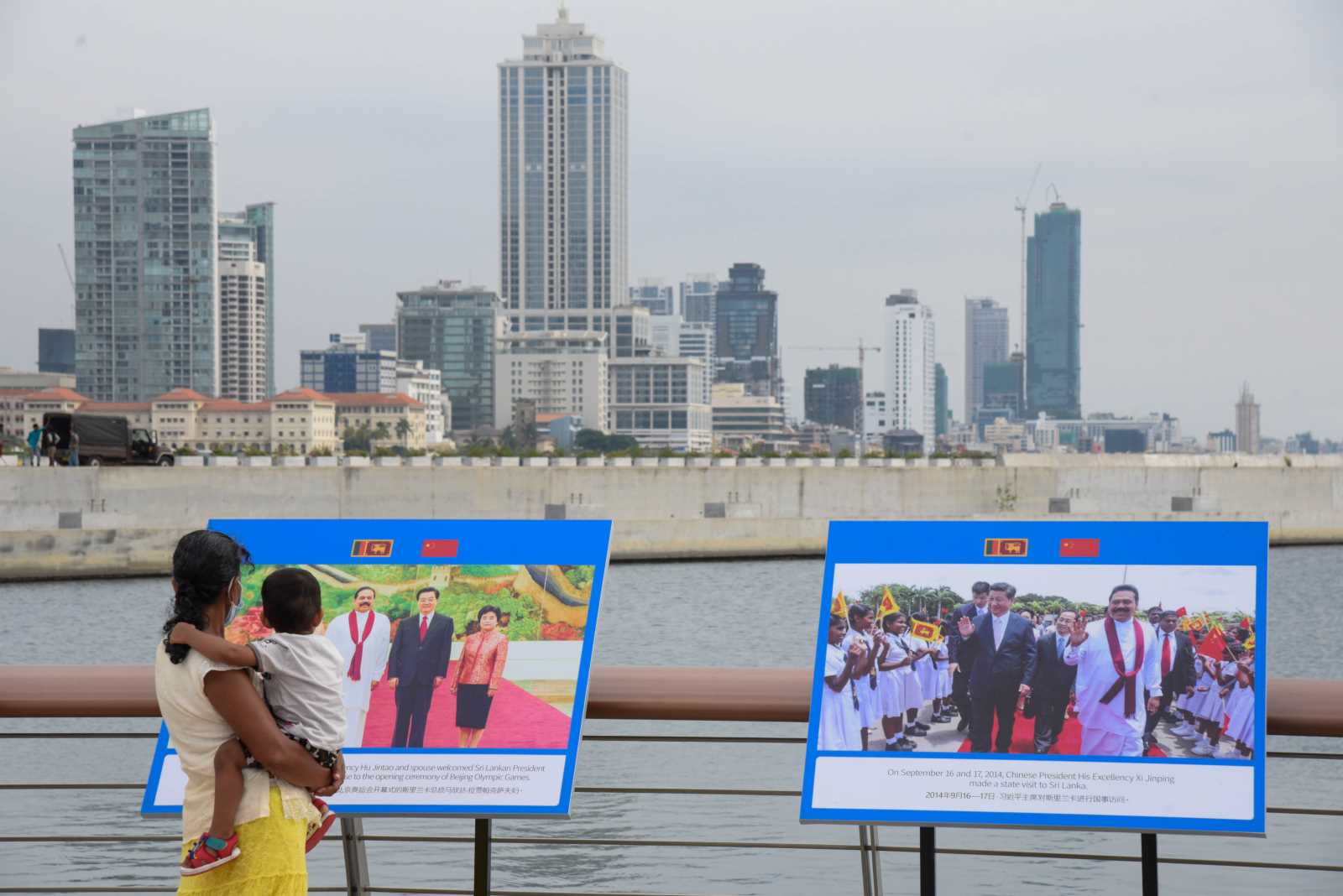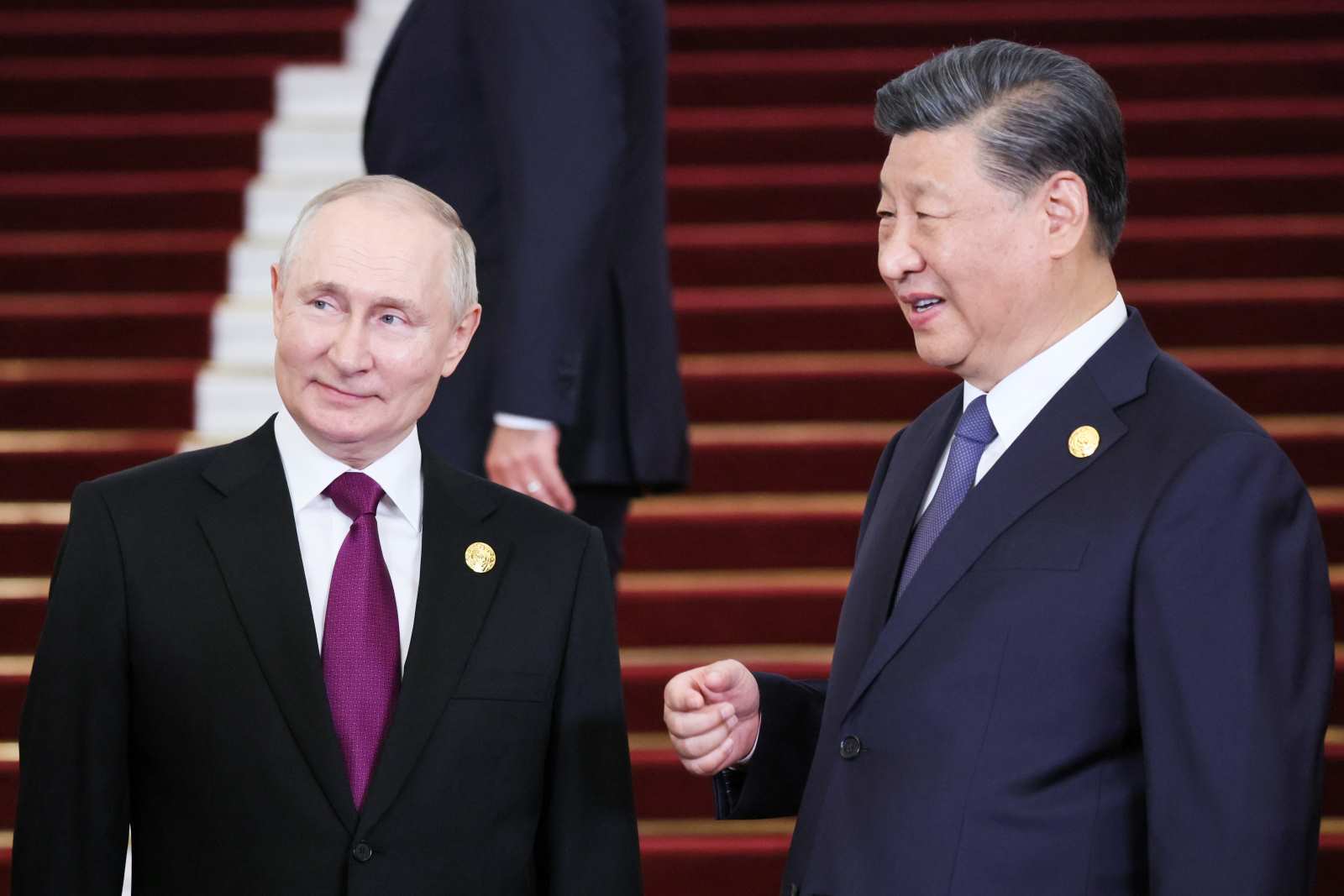Multilateralism
How both the G7 and the BRICS are failing the world

We are told we have a rules-based world order, but when it pleases US President George W. Bush to invade Iraq, he forges an “alliance of the willing” and simply bypasses the UN Security Council. According to the international rules, it is the institution that decides whether military force may be used or not.
We hear again and again that we need good governance. But when a poorly deregulated financial sector in the US indulges in flimsy real-estate speculation and triggers a global financial crisis, hardly a private-sector manager is held accountable. Things aren’t different when German carmakers are found guilty of cheating systematically regarding fuel emissions.
Because many promises made by high-income countries never materialised, trust has suffered. The OECD (Organisation for Economic Co-operation and Development) is the club of high-income nations. Its members pledged to spend an annual 0.7 % of gross national income on official development assistance in the 1970s. Since then, they never even paid half of that share.
When multilateral trade talks do not go the way Europe or North America want, western leaders change their approach and start seeking agreements in bilateral negotiations in which their position is stronger. One reason why the climate crisis has escalated is that policymakers of high-income countries are better at bemoaning emissions than cutting them. The list of let-downs goes on.
Unconvincing, but attractive BRICS
Disappointment in western governments makes China and the loose BRICS (Brazil, Russia, India, China, South Africa) alliance attractive. It also matters that China has become a crucially important provider of development finance.
Many Beijing-supported projects are meaningful indeed, but they often do more to facilitate commodity exports, which China needs, than to promote inclusive human development. Other projects serve national leaders’ vanity. The biggest problem, however, is that many Chinese-sponsored projects have proved unaffordable. In debt restructuring talks, the People’s Republic of China regularly turns out to be a particularly tough creditor.
The BRICS do not share a strong agenda apart from opposing the west, as I have argued before on this platform. It is hard to see how the expansion that was decided last year will lead to more coherence. Saudi Arabia and Iran are set to join, but they are regional adversaries, not allies. Ethiopia and Egypt, the two new African members, are involved in a long-standing dispute over Nile water. Argentina was accepted as a new member, but the country’s new president immediately declared he will opt out.
It is also peculiar that the BRICS aspire to speak for the global south and then choose to include the United Arab Emirates and Saudi Arabia, two high-income countries, in their group.
For humankind to rise to huge global challenges, we need better global cooperation. Both the established economic powers and the large emerging markets must act more responsibly.
Praveen Jha is a professor of economics at Jawaharlal Nehru University in Delhi.
praveenjha2005@gmail.com

















